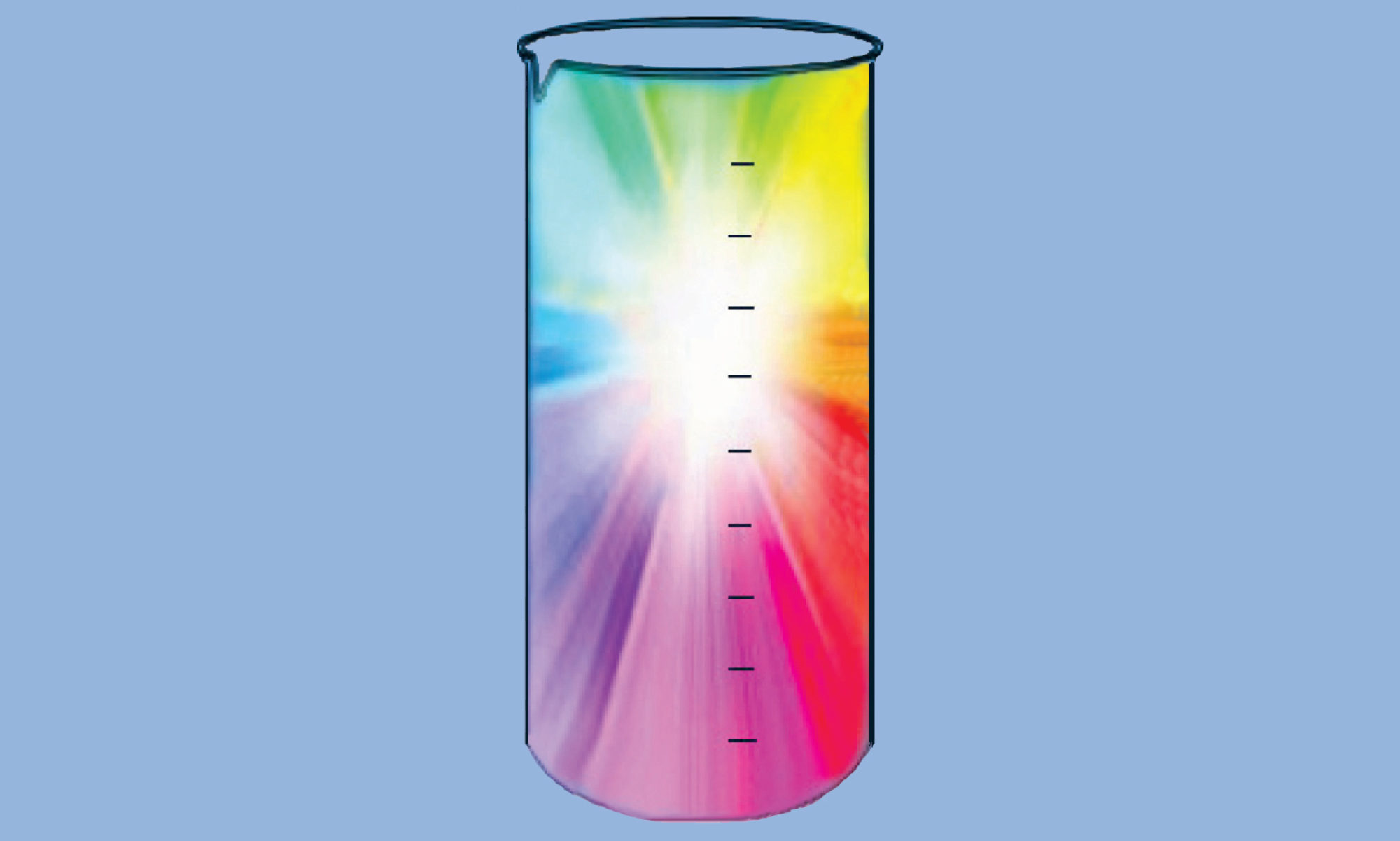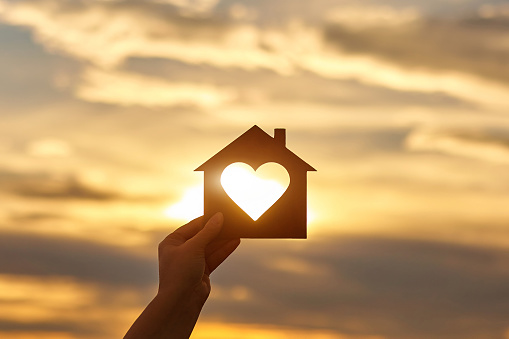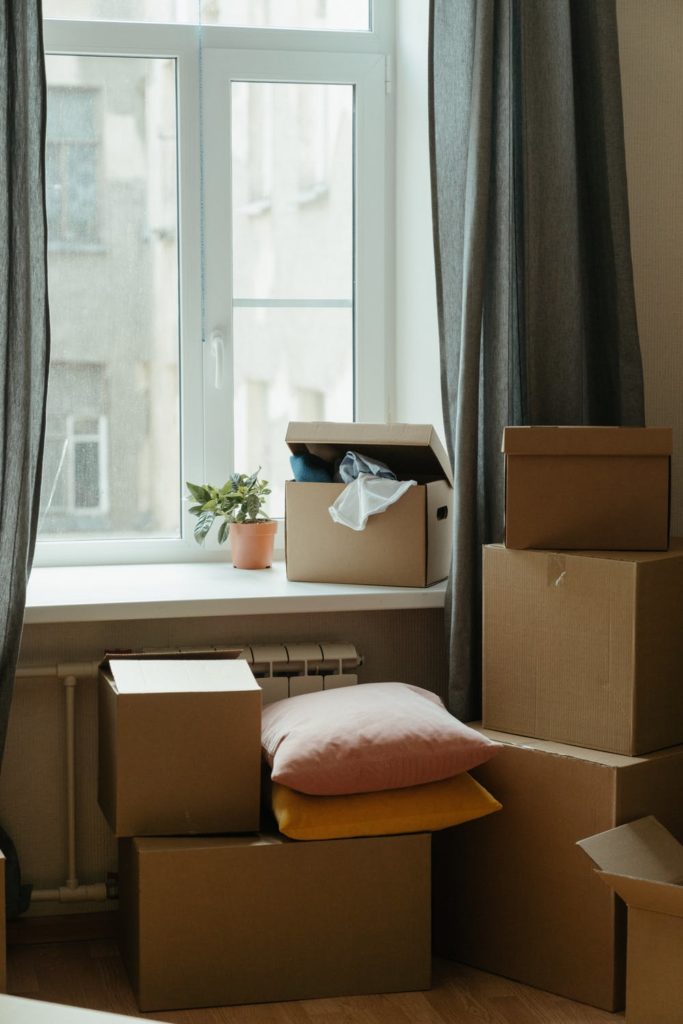
Last week I had a power outage. The lights went out briefly a couple of times and then boom – they were out completely. I had no idea if it was just our building or if the neighbourhood had been affected too. A knock on my upstairs neighbour’s door yielded no response, so, rather than sit in the muted light, unable to access Wi-Fi , I ventured out into the shivery, grey day, to see what I could discover.
A few streets down, a woman confirmed that her power was out too, so I walked further south and did some grocery shopping on a street seemingly unaffected. When I returned home and there was still no power, I decided the best thing for it was to hop on the bike and go to the park to hang out with the birds. When I returned an hour later, the power had been restored.
I think what surprised me most about this incident was how anxious being without electricity made me feel, even in the middle of the day, especially not knowing how and when the outage would be addressed. We are so reliant on electricity, that we don’t even give it much thought until something goes wrong.
It’s interesting that Earth Hour last weekend, which asked people to turn their lights off for an hour in the evening, is observed as an event – so unusual is the idea of being without electricity, even for a short time. Even in our pandemic world, many people carried on unabated in lockdown through being connected virtually.
When the lights go out – especially during the day – we become more aware of the physical world which exists independent of our individually-created bubbles. It is an opportunity for us to slow down, unplug, and reconnect outside, and to function as people did for centuries in greater harmony with the cyclical rhythms of day and night.
We would all benefit from reducing our consumption and dependency on electricity. And it shouldn’t take a crisis – like a pandemic or a power outage, to be able to see the natural world as somewhere we can actively participate in and be a part of – for us to see the light of what is real and eternal all around us.



